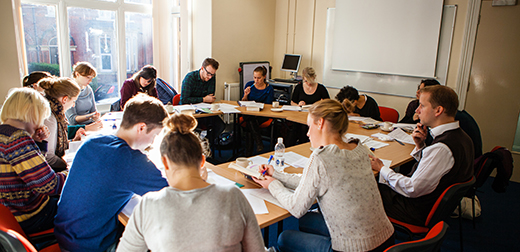A dedicated POSTGEN “Social Media” work package will collect and analyze observational data from online social networks to investigate generational patterns of de-ideologization. It will assess – in generation-aware terms:
- “who leads and who follows” in terms of agenda setting power by political and non-political influencers as well as traditional media actors (in terms of introducing and framing topics and issues in the public debate);
- to what extent the attention devoted to specific issues (both by influencers and ordinary social media users) spreads across multiple issues (issue breadth) and presents consistency patterns revealing a possible ideological structure.
The WP will feature:
- The construction of lists of influencers and ordinary social media users, along with generational classifications based on inference models.
- Collection and time-aware classification of tweets (according to issue and frame) for each group of actors, to analyze first-level and second-level agenda setting.
- Assessment of issue breadth (issue mentions and attention across different domains) and their ideological structuring for different users and groups thereof, through a combination of qualitative and quantitative methods.
- A replication of the ICCP design to assess the issue breadth and ideological structuring of party campaigns at election time.

